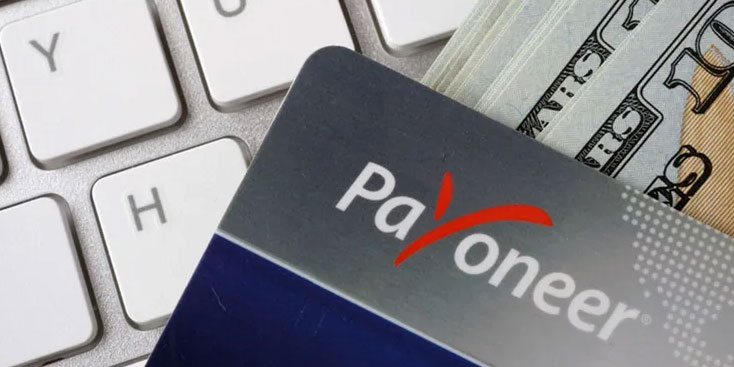Health savings accounts (HSAs) and flexible spending accounts (FSAs) may be available to you based on the type of health insurance plan you have and the benefits you receive from your job (FSA).
To save money and prepare for unexpected medical costs, you should use these accounts. However, the criteria and benefits of HSAs and FSAs differ. Here's all you need to know about HSAs and FSAs before signing up for them.
What are Health Savings Accounts and Flexible Spending Accounts?
Health savings accounts (HSAs) and flexible spending accounts (FSAs) let consumers with health insurance place money away for medical bills the IRS refers to as "qualified medical expenses."
Over-the-counter pharmaceuticals, dental and vision care, prescription drugs, and other health-related products fall under this category. Debit cards are often given to account holders, who can use them to pay for eligible costs. While there are tax advantages to both accounts, it is important to understand the distinctions.
What Exactly is an HSA?

An HSA, or health savings account, is a tax-advantaged way for people with high-deductible health insurance plans to save money for medical bills. They may contribute tax-free, earn tax-free, and withdraw their funds tax-free. Melissa South, licenced financial adviser and director of advisory services at Halpern Financial in Rockville, Maryland, says, "We look at it as a triple tax advantage."
The Contribution Limits for 2021
Self-only HDHP coverage and family HDHP coverage have maximum contributions of $3,600 in 2021. Employee and employer contributions are included in these restrictions. An HSA account allows you to contribute for longer than a Flexible Spending Account (FSA).
Contributions can be made throughout the current plan year or until your tax return is due, whichever comes first. Contributions to an HSA for the year 2021 can be made until April 15, 2022, the deadline for filing a federal income tax return.
Utilizing and Investing in HSA Funds
The opportunity to invest in HSA funds is another important distinction between an FSA and an HSA. You must have a certain amount of money in your Health Savings Account (HSA) before investing it, which varies from company to company.
If you have an HSA plan, you may be able to invest in stocks or bonds. You don't have to pay taxes on your HSA payouts if you utilize them for eligible medical costs since the funds grow tax-free. An additional tax of 20% will be imposed if you do not use your HSA funds for qualifying medical costs.
How Does a Health FSA Work?

Health FSAs are tax-advantaged savings accounts financed by pre-tax pay reductions, from which workers can claim reimbursements for certain medical costs. Health FSAs are also known as flexible spending accounts or flexible spending arrangements.
An FSA's Benefits
The rapid availability of your FSA cash is a major perk of this type of account. With a $2,400 yearly pre-tax contribution plan, you will have access to $2,400 at the beginning of every year. Your FSA administrator will still pay the whole claim if you have a qualified medical expenditure of $1,500, but your FSA account does not have the cash to cover it.
Drawbacks of an FSA
Most FSA accounts contain a "use or lose it" option, which implies that you must use all of your FSA funds by the end of the plan's year. If you don't, you'll lose all of your FSA money. Employers can choose between two options that provide them with some leeway for leftover funds. Two examples of these characteristics are a grace period that lasts longer or a provision for a rollover.
Differential Features
It is possible to utilize an HSA withdrawal to cover a wide range of medical expenditures, including eyeglasses, contact lenses, chiropractic services, prescription medicines, and hospital stays. Because the HSA is a portable account, you may take your funds when you change employment.
You must be enrolled in a high-deductible health plan to be eligible for an HSA. If you have alternative health insurance or may be claimed as a dependant by someone else, you may not be able to participate in Medicare.
Your company's plan may allow you to have a conventional FSA for medical expenditures in addition to a DCFSA, which permits withdrawals for qualified childcare expenses. Like those to an HSA, contributions to an FSA can be made with your gross salary, making them tax-free.
Additional Factors to Consider
When it comes to a Flexible Spending Account (FSA), the amount of money that your employer deducts to finance it is up to you. Declare your intention, and don't go back and alter your mind.
If you rejected the FSA during the open enrollment, you might have to wait until the next open enrollment period to apply. However, a grace period may be allowed if your stated funds are used before the end of the tax year.




